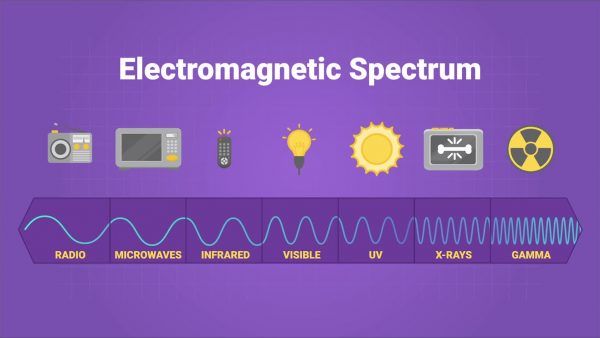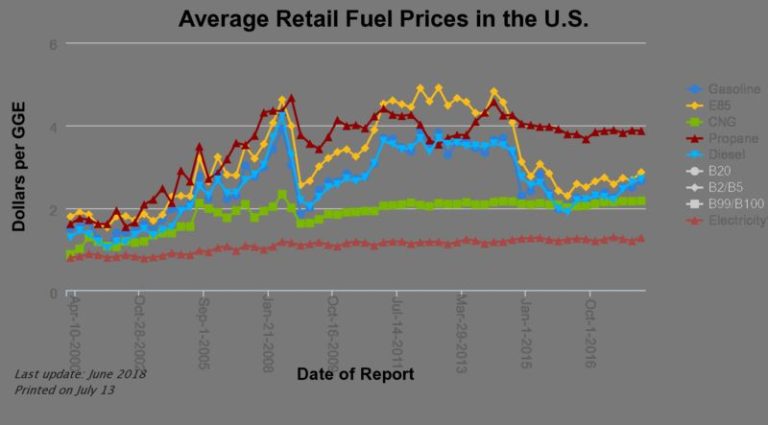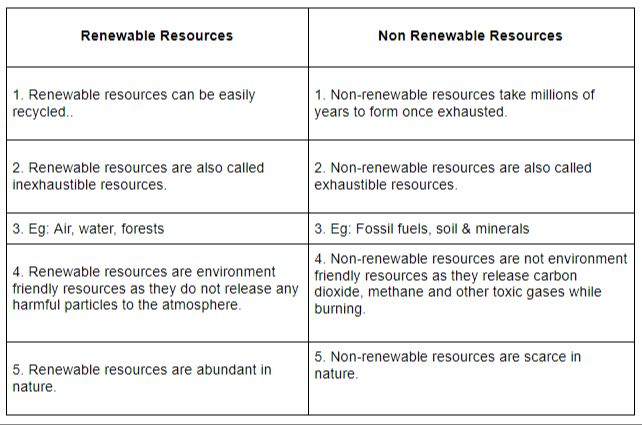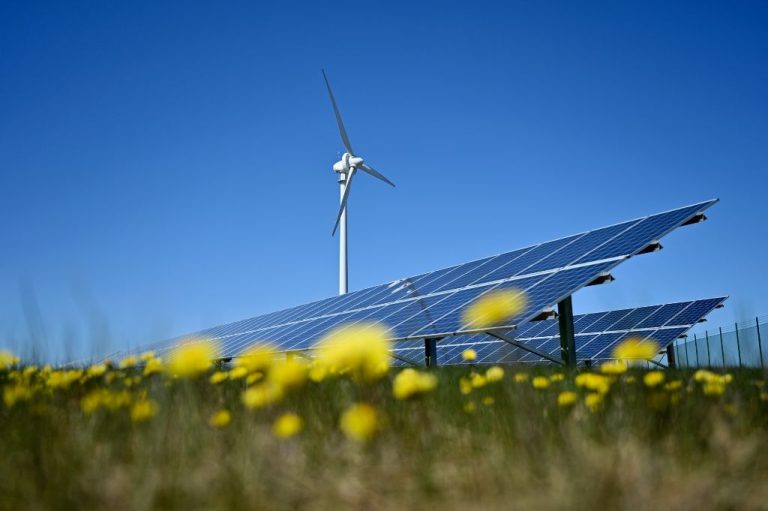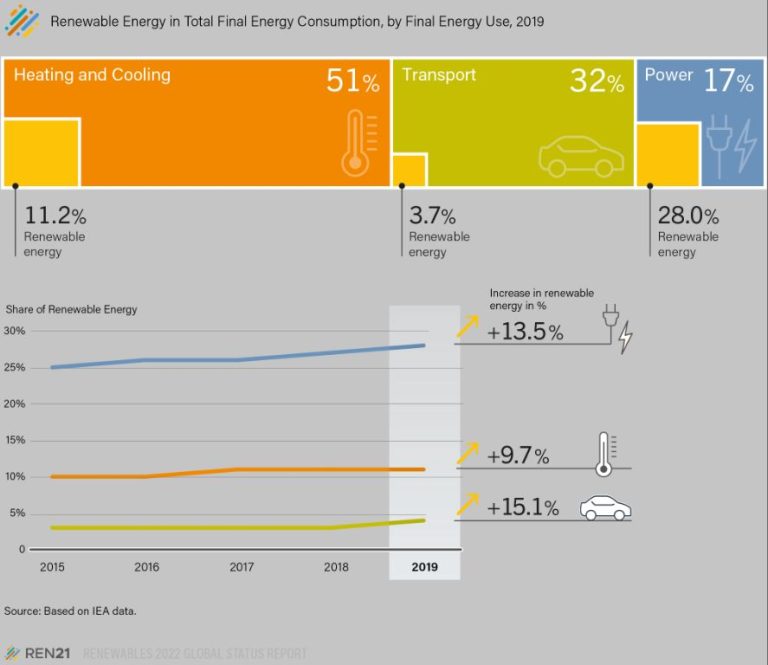What Is The Republican View On Renewable Energy?
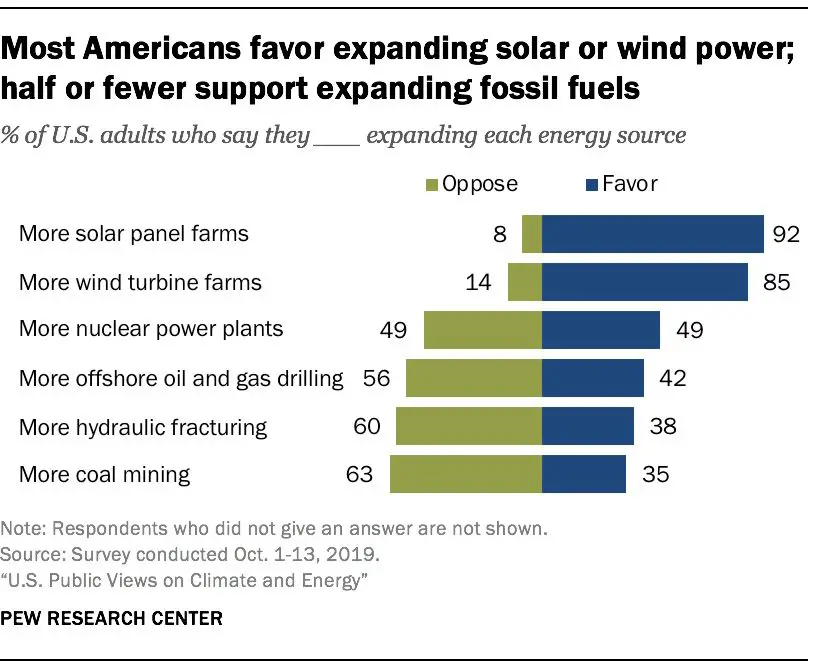
The Republican party’s position on renewable energy is complex and nuanced. While the party has historically supported fossil fuels, views are shifting as renewable energy becomes more cost-competitive. However, skepticism of climate change and concerns over reliability persist. Renewable energy has become an increasingly important topic as the Biden administration pushes an aggressive clean energy agenda, while many Republican-led states are major producers and consumers of fossil fuels. Understanding the Republican perspective is key to navigating the US energy transition.
Historical Republican Support for Fossil Fuels
The Republican Party has traditionally backed the oil, gas and coal industries. This support stems partly from the fact that many fossil fuel companies and executives have donated generously to Republican candidates and causes (Politico). Under Republican leadership, policies have favored increased fossil fuel production and use:
– Republicans have pushed for more oil drilling and coal mining on federal lands and waters (Senator Whitehouse).
– The GOP has supported subsidies, tax breaks and other incentives for fossil fuel companies (The Guardian).
– Republicans have sought to roll back environmental regulations like emissions standards and methane rules that impact the fossil fuel industry (Politico).
– The party platform has defended continued use of coal, oil and gas as beneficial for the economy and national security (Senator Whitehouse).
Skepticism of Climate Change
Many Republican leaders have historically questioned or denied the scientific consensus around human-caused climate change (https://www.cnn.com/2023/07/30/politics/republicans-climate-solutions-heat-wave/index.html). This skepticism impacts Republican views on transitioning away from fossil fuels. According to a recent NPR/PBS NewsHour/Marist poll, only 22% of Republicans said the record temperatures this summer have made them more concerned about climate change (https://www.npr.org/2023/08/03/1191678009/climate-change-republicans-economy-natural-disasters-biden-trump-poll). During the first Republican presidential debate in 2023, candidates expressed doubt about the cause and urgency of climate change, with some suggesting the climate is always changing (https://www.vox.com/climate/23815966/republicans-climate-change-denial-trees).
This skepticism makes many Republican leaders hesitant to support major policy shifts away from fossil fuels or large public investments in renewable energy. Though public opinion shows growing bipartisan concern over climate change, skepticism among Republican elites continues to impact the party’s policy positions.
Concerns Over Costs and Reliability
Many Republicans express concerns over the costs and reliability of renewable energy sources like wind and solar power. A June 2023 Pew Research study found that 62% of Republicans think transitioning away from fossil fuels would make the U.S. less energy independent (Pew Research, 2023). Republicans often argue that fossil fuels and nuclear energy provide more reliable baseload power compared to intermittent sources like wind and solar that depend on favorable weather conditions (Texas Monthly, 2023).
Many Republicans also believe renewable energy is more expensive and requires heavy subsidies to be economically viable. They tend to prefer free market solutions and argue federal tax incentives distort the energy market. Republicans emphasize the need for an “all of the above” national energy strategy that utilizes fossil fuels, nuclear, and renewables based on their economic competitiveness.
Support for Fossil Fuels and Nuclear
Many Republicans strongly support increasing production of fossil fuels like oil and natural gas, seeing them as vital for America’s energy independence and economic growth. They argue that drastic reductions in fossil fuel use are unrealistic and would harm the economy (https://thehill.com/policy/energy-environment/4354654-republicans-cop28-climate-summit-environmnetal-record-fossil-fuels-natural-gas-nuclear-mining/).
Republicans also tend to be more open to nuclear power as a carbon-free energy source. They see nuclear as reliable and proven, able to provide baseload power to supplement intermittent renewable sources like wind and solar. Many argue that rapidly increasing nuclear power generation should be part of America’s strategy to reduce emissions (https://www.politico.com/news/2023/12/11/trump-republicans-cop28-dubai-climate-agenda-00131055).
State-Level Republican Support
Despite resistance at the national level, some Republican governors have advocated for renewable energy in their states (Politico, 2023). For example, Georgia’s Republican Governor Brian Kemp has pushed for more solar energy and electric vehicles. Kemp sees economic opportunity in clean energy, aiming to make Georgia a regional hub for solar panel manufacturing and electric vehicle production.
Certain states are embracing renewables for practical reasons. Republican governors in windy plains states like Iowa, South Dakota, and Texas see wind power as a job creator and revenue generator by exporting electricity to other states (Bloomberg, 2023). In Alaska, Governor Mike Dunleavy is pushing for more renewable energy to reduce the state’s reliance on expensive diesel. Republican governors recognize localized circumstances and demographics that make clean energy adoption advantageous.
While these governors avoid campaigns against fossil fuels, they pragmatically court clean energy investments. Their renewable energy pushes are driven by potential economic gains rather than climate change concerns (Fortune, 2023). This demonstrates an opening for bipartisan cooperation on transitioning to cleaner energy systems, even if the rationale differs.
Shifts Among Conservative Voters
Despite the continued skepticism among Republican lawmakers, polls indicate growing support for renewable energy even among GOP voters. A June 2023 Pew Research Center survey found that 52% of conservative Republicans said developing alternative energy sources like wind and solar should be a higher priority for the country than expanding production of oil, coal and natural gas. This represents a significant shift – in 2018, just 38% held that view.
There are also demographic divides on this issue within the Republican electorate. Younger Republicans are more inclined to prioritize renewables over fossil fuels. The Pew survey found 65% of Millennial and Gen Z Republicans preferred renewables, compared to just 40% of GOP Baby Boomers. More educated Republicans also tend to be more supportive of renewable energy and climate action.
Trump Administration Policies
The Trump administration rolled back many of the Obama administration’s climate and renewable energy policies. This included withdrawing the U.S. from the Paris Climate Agreement in 2017, reversing the Clean Power Plan, and lifting a moratorium on coal leasing on federal lands.
The Trump administration focused heavily on promoting fossil fuels like coal, oil and natural gas. They approved the Keystone XL and Dakota Access pipelines, opened up drilling in the Arctic National Wildlife Refuge, and minimized restrictions on methane emissions from oil and gas operations. The administration’s “energy dominance” agenda emphasized deregulation to maximize fossil fuel production.
According to one analysis, the Trump administration rolled back over 100 environmental protections related to air pollution and emissions, drilling and extraction, infrastructure decisions, and more. Rules on fuel economy standards for vehicles were also relaxed. While renewable energy still grew during the Trump administration, analysts argue growth was slower than it could have been due to these policy changes.
Biden Administration Differences
The Biden administration has pursued an ambitious clean energy agenda with goals to achieve 100% carbon-free electricity by 2035. This represents a major shift from the Trump administration’s efforts to roll back environmental regulations and promote fossil fuels. President Biden signed an executive order on his first day in office committing the U.S. to rejoining the Paris Climate Agreement. He also set a target to cut U.S. emissions 50-52% below 2005 levels by 2030.
To help reach these goals, the Biden administration has proposed large investments in renewable energy such as wind and solar. The Bipartisan Infrastructure Law included over $65 billion for the Department of Energy to distribute as grants and loans to expand clean energy infrastructure (source). The Inflation Reduction Act also contained $370 billion in tax credits, grants, and loans to accelerate the transition to clean energy. These policies aim to rapidly scale up renewable energy capacity and decrease reliance on fossil fuels.
Through executive actions, legislation, and agency regulations, the Biden administration has clearly signaled its intent to make climate action and clean energy top priorities. This marks a major departure from previous Republican administrations that were reluctant to regulate greenhouse gases or invest substantially in renewable energy sources.
Conclusion
In summary, much of the Republican Party has historically been skeptical of renewable energy and supportive of fossil fuels. However, as the costs of renewables have declined and climate change concerns have grown, there are signs of shifting views, particularly at the state level and among conservative voters. Some Republicans now support renewables in conjunction with natural gas as a bridge away from coal. There also appears to be growing bipartisan agreement around investing in new energy technologies as a source of jobs and economic growth. Areas of potential bipartisan cooperation include expanding tax credits for renewable energy, funding research on carbon capture, supporting electric vehicle infrastructure, and promoting energy efficiency and conservation. However, significant partisan disagreements remain over the urgency of climate action, the appropriate role of regulation, and the viability of renewables at large scale.

